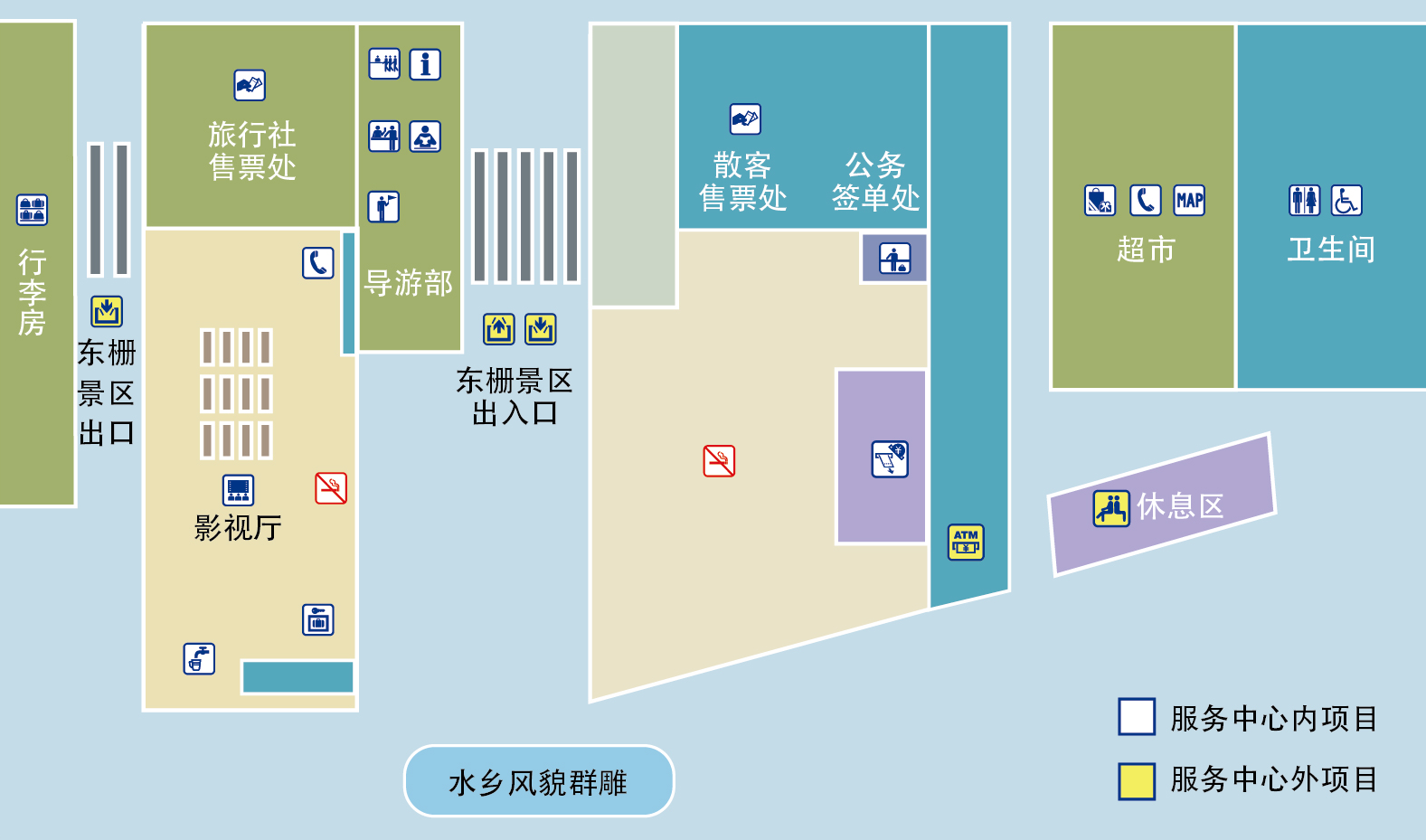

Styled Kaofu and known literarily as Nianzhi, Zhang Lüxiang was by origin from the Yangyuan Village, Lutou (suburban Wuzhen), tagged as Master Yangyuan. Celebrated in late Ming and early Qing, Zhang was a Neo Confucianist, practising the Cheng-Zhu section all his life (from Cheng Hao, 1032–1085 and Cheng Yi, 1033–1107, to Zhu Xi, 1130–1200.) While mentoring, he pursued impeccable virtues, especially with filial piety respectable across Wuzhen. Into middle age, he switched to farming, accounted as a self-made agronomist, post the Bu Nong Shu (Supplementary Book of Agriculture) infused with his own experiential practices.
Born into the lap of relative luxury with a scholar tradition, Zhang had grandfather, father, and brother acquiring xiucai (county-level), instilling his childhood with a head start. With intelligence and preference, Zhang was brimming with wisdom and filial piety since a tender age. The 15-year-old sat for a debut imperial examination, and became a xiucai (past county-level). The year 1631 marked his private tutorship when the 23-year-old debutante was enlisted by his friend Yan Shifeng. Administering a strict routine, Zhang balanced knowledge and morality, giving priority to hands-on enlightenment and methodology. With a penchant for Confucianism, he instituted the standpoint “to follow Confucius and Mencius and uphold the Chengs & Zhu”, instilling it to teaching sessions. As with ancient books, Zhang also played a vibrant role in publicity, when he completed dozens of woodblocks, from posthumous works by the Chengs, Zhu and some previous scholars, along with quotations, during his residency for employer and patron Lü Liuliang (1629–1683) in Dongzhuang, Yuxi (now Chongfu Town).
The tutorship extended his foray into more classics, like Xiao Xue (an enlightenment textbook) and Jin Si Lu (Reflections on Things at Hand), delving into all-time Confucian classics. His later years was a highly academical climax, when he shed light on the fun facts of Chuan Xi Lu (Instructions for Practical Living) by Wang Shouren (1472–1529), seemingly Confucian (Yang) yet in itself Buddhist (Yin), via well-detailed comments.
Agriculturally, Zhang was an activator in hiring farmers while mentoring from the Shunzhi 4th year (1647). Into the seasons like spring plowing and autumn harvest, he would quit school for farming. The age of 48 saw an avatar of Bu Nong Shu, which proved a supplement to the prevailing Book of Agriculture by a Shen author. His inspiring book involved an extensive roundup of feats concerning mulberry cultivation, sericulture and silk weaving, which were already a prevailing industry. In modern day, his monograph still gained praises, “a treasure trove in our agricultural history as a summary of economy and technology across the late Ming and early Qing,” as per Chen Hengli, an agronomist. Consequently, the mind-blowing manual came around regions like Jiangsu, Zhejiang, Anhui and beyond, a reference book for modern farming. In 1957, the book won a case study, when a field-work investigation went into rural Jiaxing under the Rural Work Department of the Party central.
Long back, Zhang was laid to peaceful rest in a field round 500m southeast of his residence, in lunar July of the Kangxi 13th year (1674). Later, the burial was re-entombed at the West Stream Bridge, north of the Yangyuan Village. A stone tablet was erected with the inscription, ‘Tomb of Yangyuan Master Zhang, Real Confucianist in Neo Confucianism’, patronized by Zhejiang educational commissioner in the Qianlong reign. Fast forward 200 years to Tongzhi 11th year (1872), an imperial edict made his spirit tablet permitted into the Confucius Temple, to win hearts. At long last, his memorial tablet was enshrined in the vestibule before the main hall, sharing the pilgrims’ offerings. This was a top-of-the-world honor in feudal society. “A commoner immortalized beside Confucius, and who else can make it?” commented later generations, no wonder at all.
Zhang had a couple of works, Notes on Book of Changes, Random Ideas on History, Jin Gu Lu (Ancient & Contemp Quotations) and more, as recorded in The Scholars A, the 480th Volume out of the Draft History of Qing. All in one, Complete Works of Master Yangyuan was put into print in later years.
First of his kind in the local community, Zhang is hailed as a Wuzhen legend in tutorship, research and creations.
Keyword:

